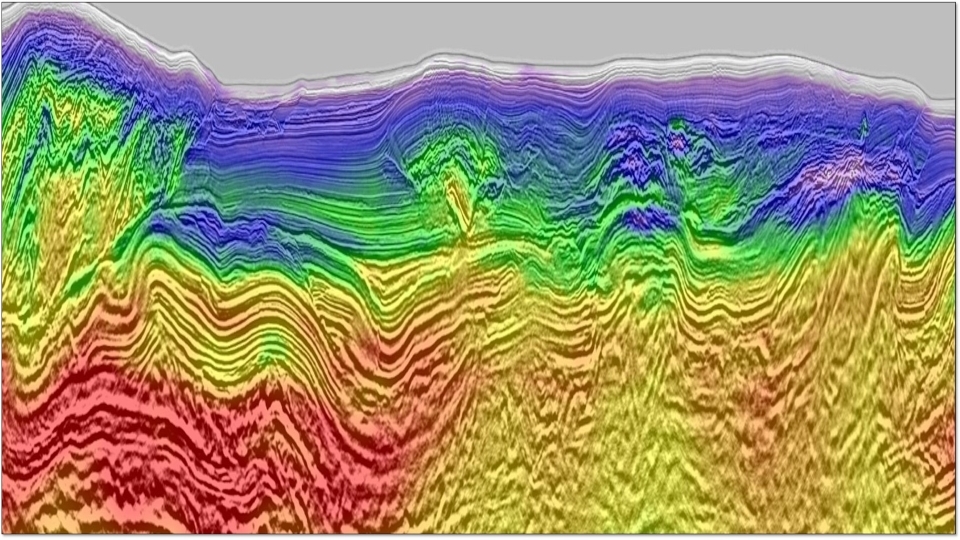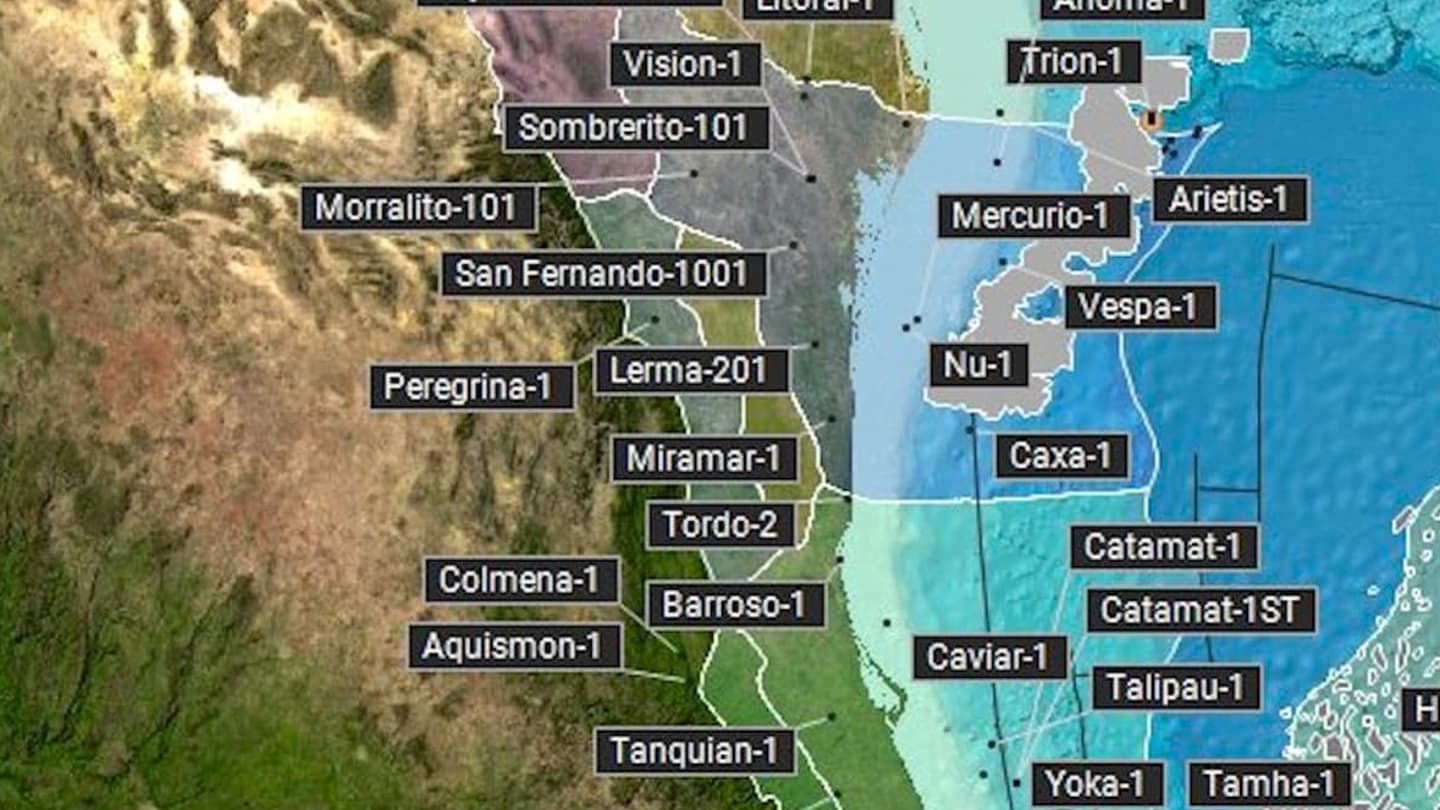we present a FWI scheme based on the quadratic Wasserstein metric, with adaptive normalization and integral wavefield. We show that this scheme has better convexity than traditional metrics, and therefore can mitigate cycle-skipping issues, while being insensitive to amplitude effects. We demonstrate the effectiveness of our approach with a streamer data set in an area of complex salt geometry. In addition, we show that this approach can work naturally on reflection data, without the extra procedure of scale separation by either decomposition or demigration. With these learnings, we believe that the fundamentals of FWI research are starting to converge.
Download Resource 
Publications
SEG - Society of Exploration GeophysicistsAuthors
Diancheng Wang and Ping Wang, CGG





